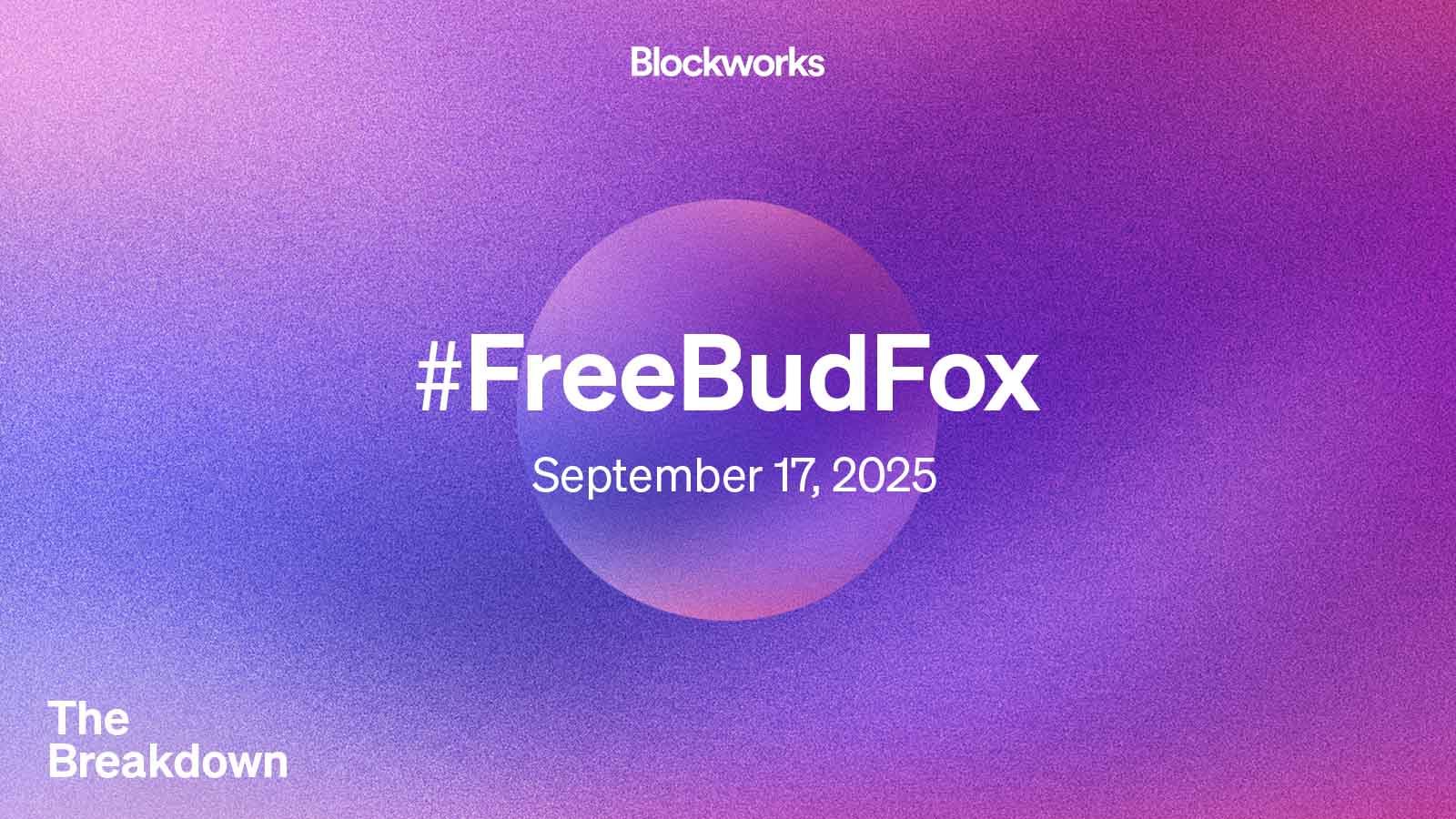Topline
Spotify was hit with a class action lawsuit in federal court accusing the streaming giant of disguising its controversial Discovery Mode, which recommends songs to users in certain algorithmic mixes based on their tastes, as part of a scheme to boost songs by artists who pay the streaming service, though the company called the suit “nonsense.”
Spotify said the allegations in the lawsuit are “nonsense.” (Photo by AaronP/Bauer-Griffin/GC Images)
GC Images
Key Facts
Plaintiff Genevieve Capolongo filed a suit in New York federal court accusing Spotify of deceptive business practices and false advertising, claiming the streaming giant unjustly enriched itself by encouraging users to sign up based on a false promise of personalized recommendations.
Capolongo’s suit accused Spotify’s Discovery Mode of being a “pay-for-play scheme” and said the streaming service would constantly recommend her “the same major-label tracks” from artists like Drake, Zach Bryan and Justin Bieber that “bore little resemblance to her listening habits,” despite promising “a personalized listening experience built around her own tastes.”
Spotify’s Discovery Mode launched in 2020 to some controversy, as the program allows artists to submit songs they want to reach more listeners in exchange for a 30% commission on royalties earned when the song is heard by users through Spotify’s algorithmically generated radio, playlist or autoplay features.
Capolongo called Discovery Mode a new form of payola—the illegal practice of paying radio stations for increased airplay—alleging Spotify’s recommendations and playlists are now gatekeepers of music in the same way radio DJs have long been.
Spotify acknowledges on its website that “commercial considerations” may influence songs recommended through Discovery Mode, but Capolongo’s suit says Spotify is still deceiving consumers because it “does not reveal which songs are being promoted commercially and which are being recommended organically.”
A Spotify spokesperson said the lawsuit is “riddled with misunderstandings and inaccuracies,” stating Discovery Mode is a “feature artists can use to flag priority tracks for algorithmic consideration in limited contexts: Radio, Autoplay, and certain Mixes,” stating the program does not allow artists to buy plays and is disclosed on Spotify’s app and website.
Why Does Capolongo’s Suit Mention Sabrina Carpenter?
In her lawsuit, Capolongo alleges “Spotify’s insistence on replaying the same songs” has “fueled conspiracy theories,” pointing to social media posts and articles from the summer of 2024 that accused the platform of consistently recommending Sabrina Carpenter’s hit songs “Espresso” and “Please Please Please,” even if these songs didn’t match the user’s listening history. (Neither Carpenter, nor any other artist, is accused of wrongdoing in the suit; Spotify is the only defendant.) She cited an article in The Guardian, published in July 2024, which said social media posts that summer frequently went viral “asking why Chappell Roan’s ‘Good Luck, Babe!’, or Sabrina Carpenter’s ‘Espresso’” were consistently inserted into a user’s “autoplay queue by the streaming service’s algorithm, regardless of what they were listening to previously.” The lawsuit cited similar articles in Vox and NME from the same period, both of which cited posts and interviews with Spotify users who reported being consistently recommended “Espresso.”
How Does Spotify’s Discovery Mode Really Work?
Spotify says Discovery Mode is a program in which artists signal to the streaming platform which tracks they want to be prioritized in algorithms that determine recommendations for certain mixes and radio stations, as well as the autoplay feature that automatically recommends a user a similar song once they reach the end of an album or playlist. Spotify takes a 30% commission of the royalties earned when a user streams a song that was boosted in Discovery Mode, but only when it is streamed on one of these algorithmically curated platforms, like mixes or autoplay. Spotify says when a song is flagged by an artist in Discovery Mode, it “increases the likelihood of the selected songs being recommended, but does not guarantee it,” and it says Discovery Mode does not impact editorial playlists that are curated by Spotify’s editors. Spotify’s website for Discovery Mode includes testimonials from some artists who say the program helped them reach new audiences, including independent artist Ryan Oakes, who said it helped him “reach new fans without a big record label budget.” Spotify says artists see, on average, a 50% increase in users saving their songs, a 44% increase in playlist adds and a 37% increase in follows in their first month using Discovery Mode.
Key Background
Discovery Mode has sparked some controversy since its launch, with a handful of lawmakers expressing concerns the program could disadvantage smaller artists. In June 2021, Reps. Jerry Nadler, D-N.Y., and Hank Johnson Jr., D-Ga., wrote to Spotify expressing concern the program could make artists “feel compelled to accept lower royalties” to break through in the music industry, alleging it “may not even guarantee more airplay if virtually all commercial artists are also doing the same.” The following year, Reps. Yvette D. Clarke, D-N.Y., Judy Chu, D-Calif., and Tony Cardenas, D-Calif., wrote to Spotify with similar complaints, stating the reduced royalties are a “serious risk for musicians” that serves to profit the streaming platform. The representatives requested Spotify “publish, on a monthly basis, the name of every track enrolled in the program and the royalty discount agreed upon.”
Further Reading
Members of Congress Slam Daniel Ek and Spotify Over ‘Troubling’ Discovery Mode Policy (Variety)
Source: https://www.forbes.com/sites/conormurray/2025/11/05/spotify-hit-with-class-action-lawsuit-alleging-discovery-mode-is-a-pay-for-play-scheme/


